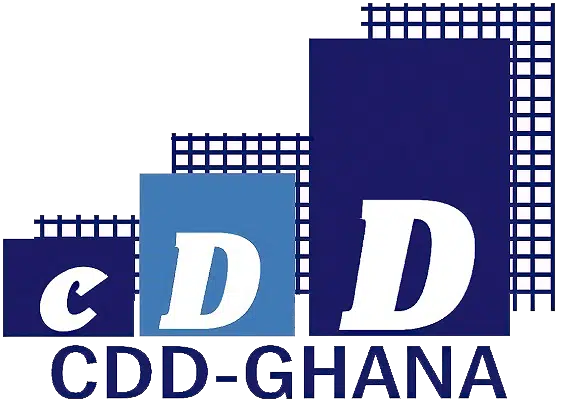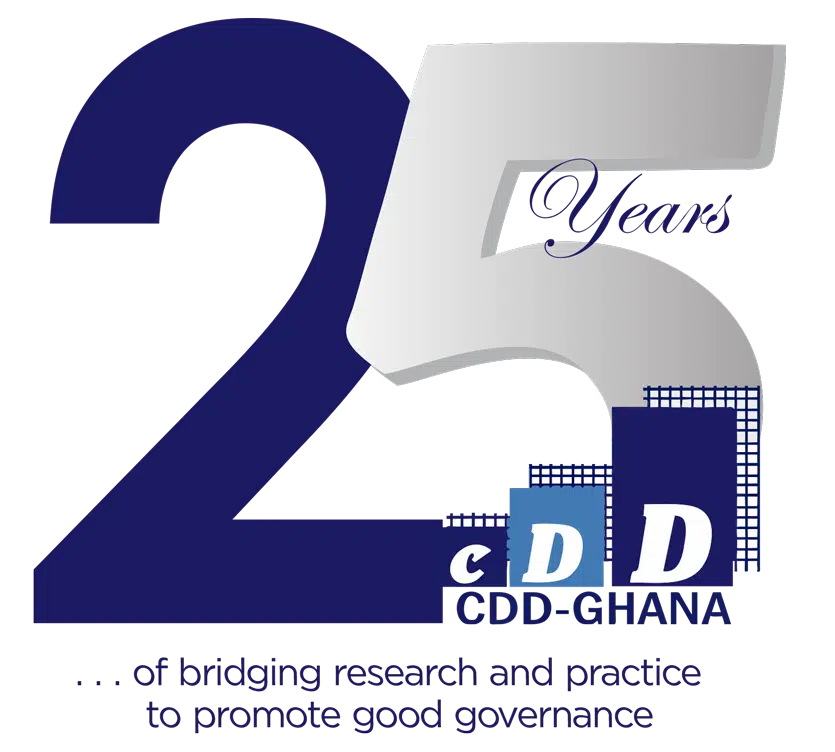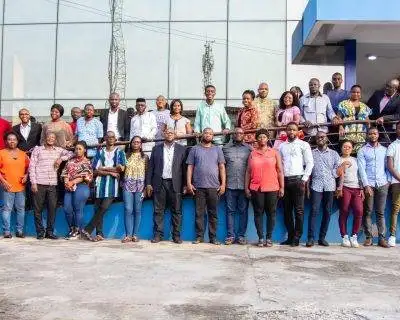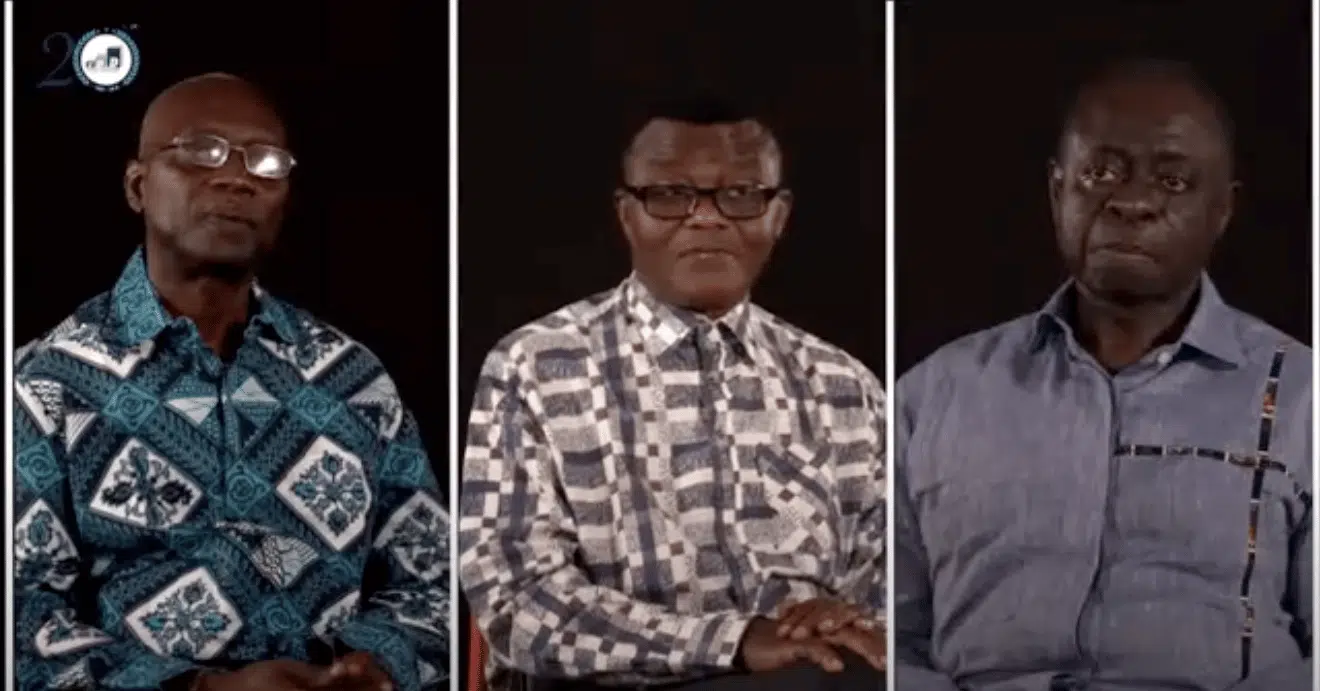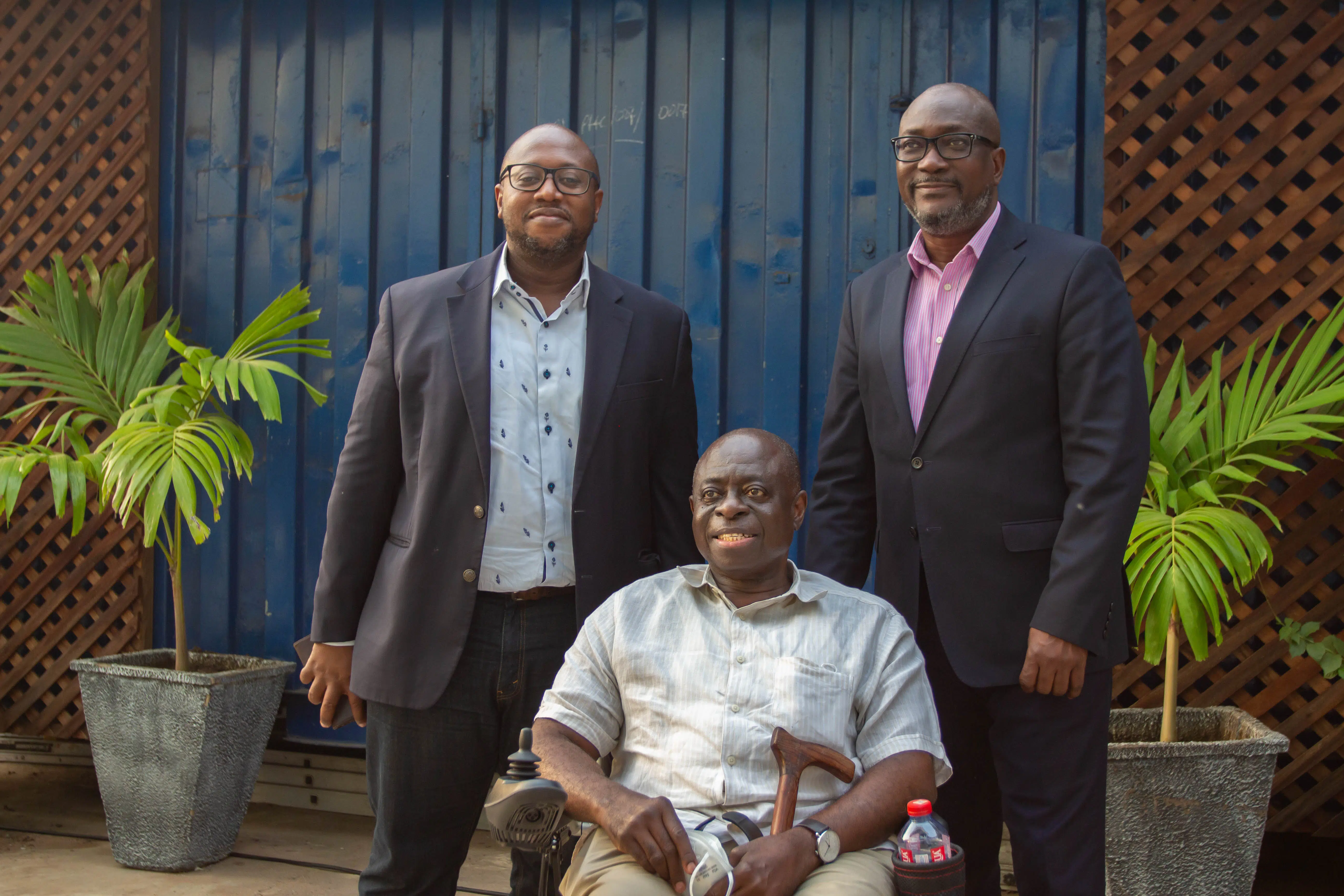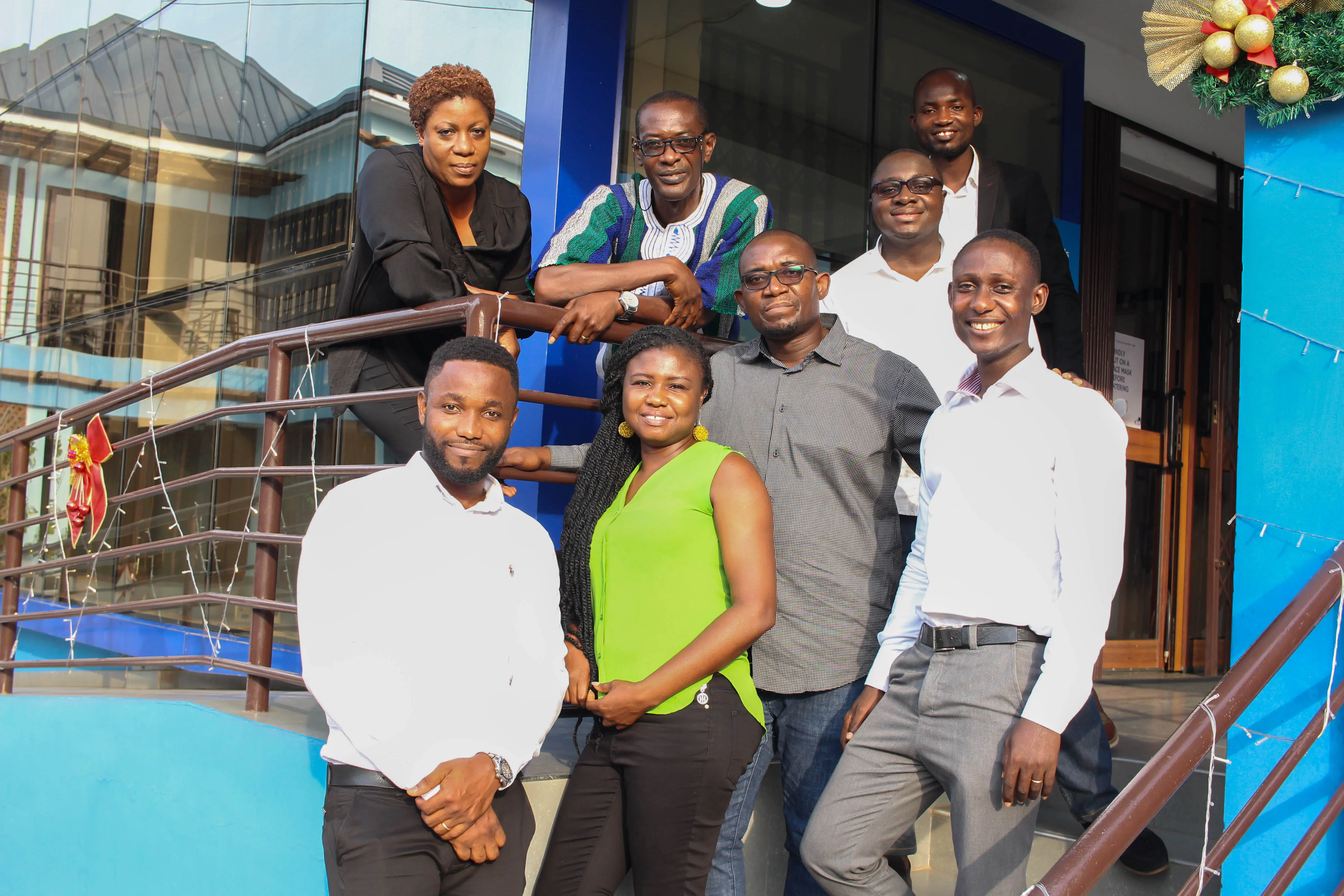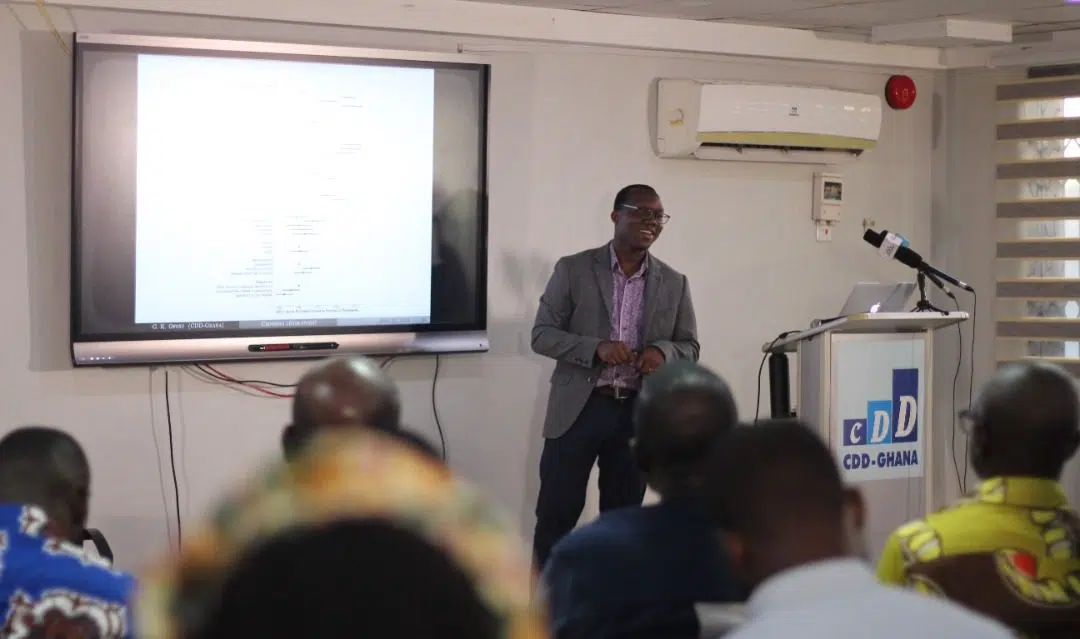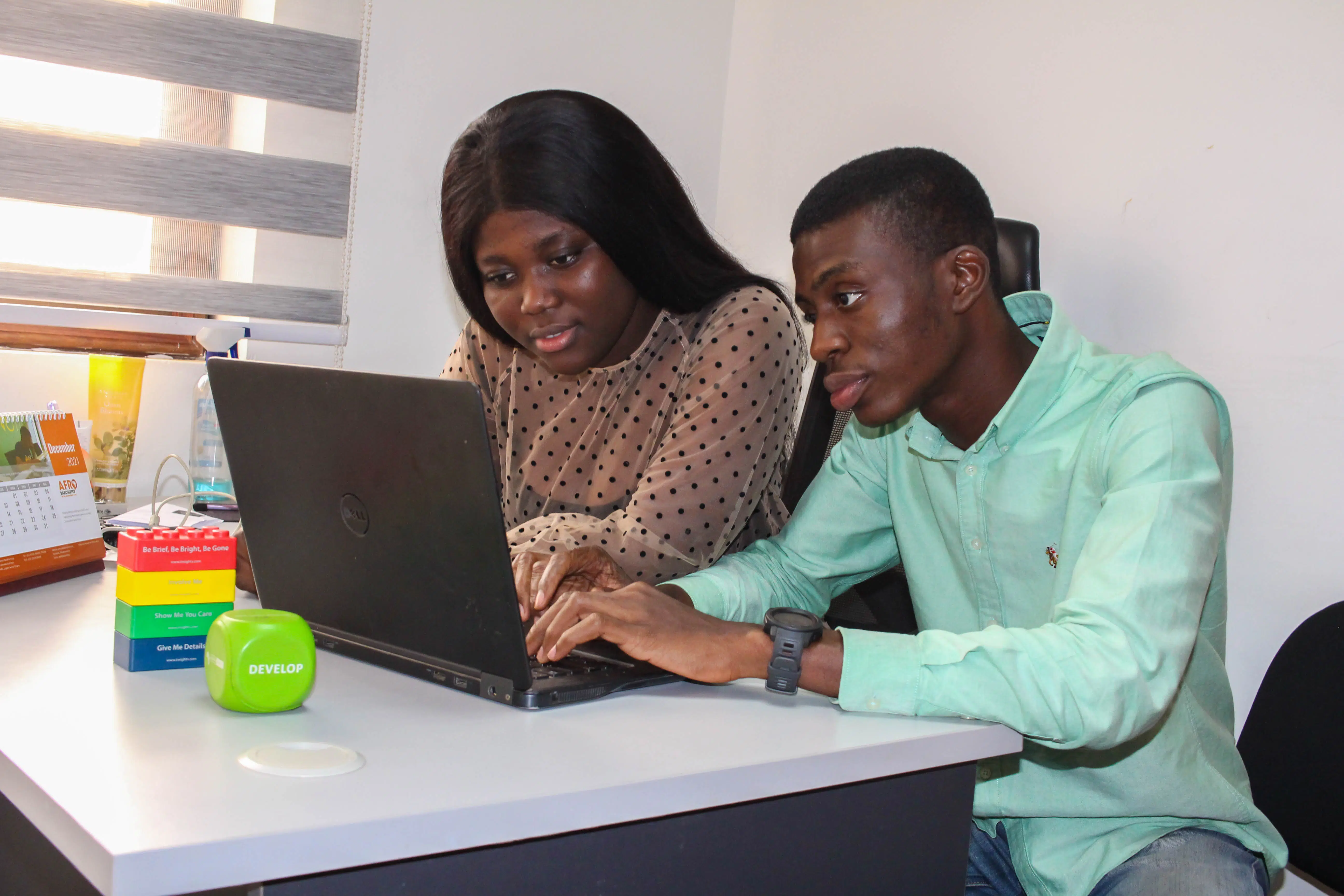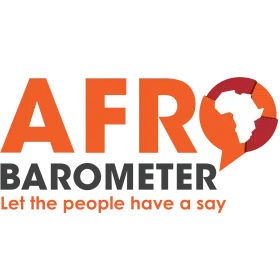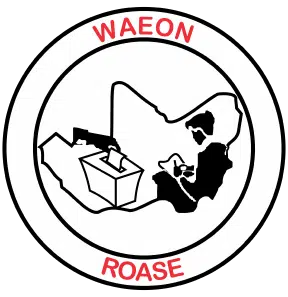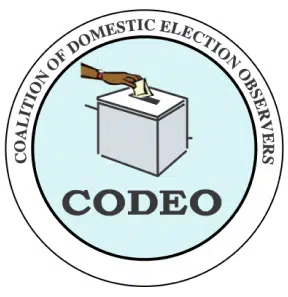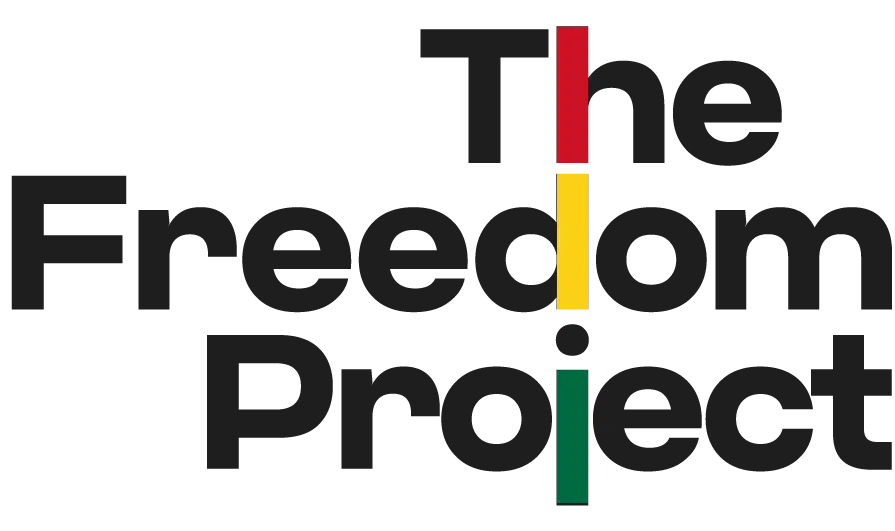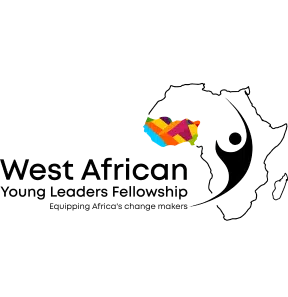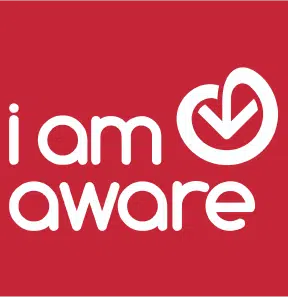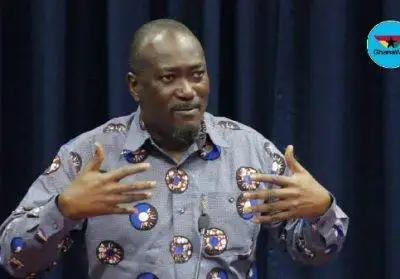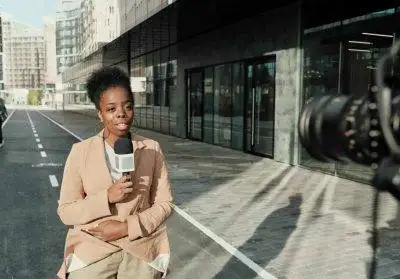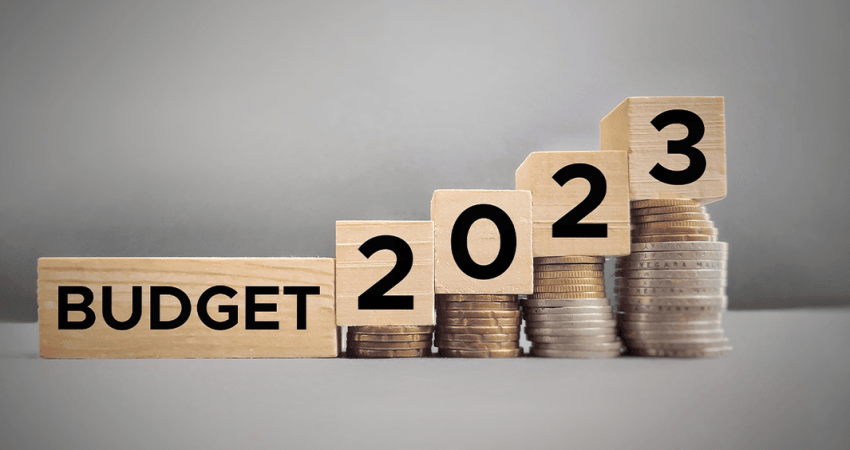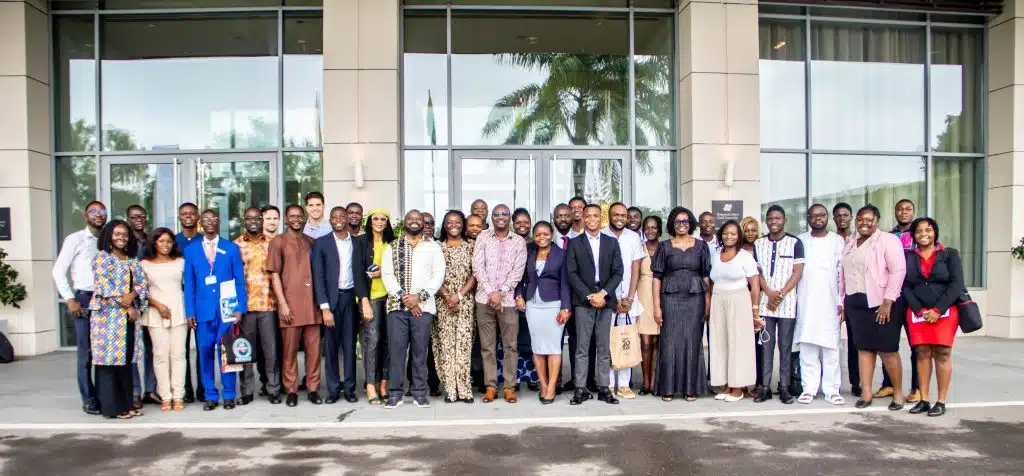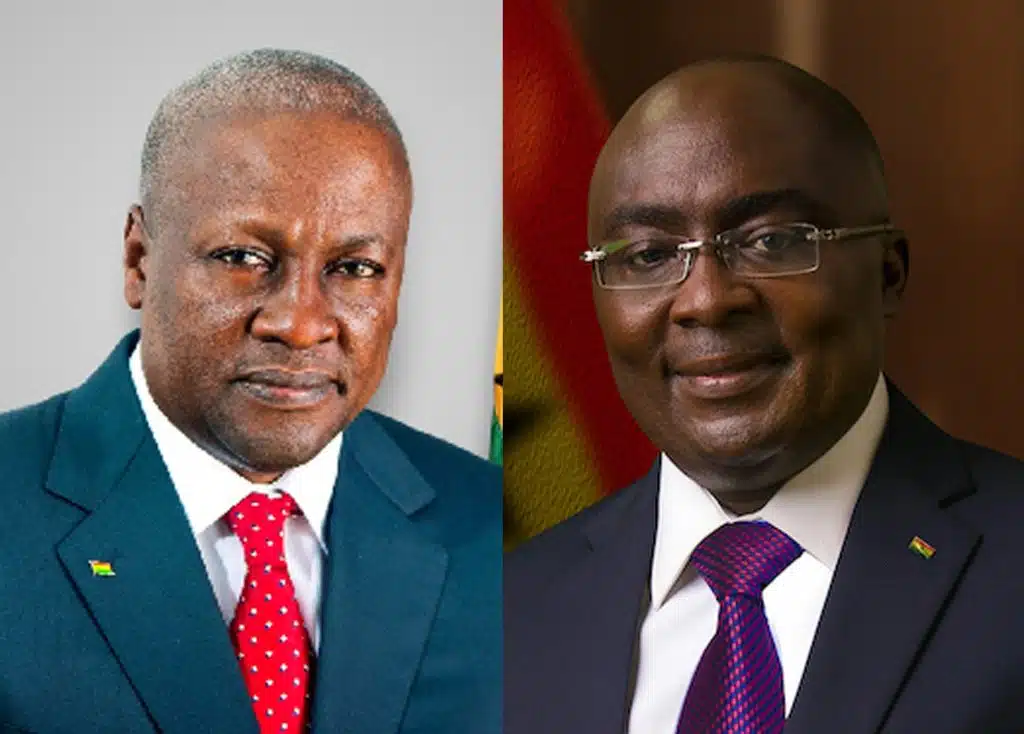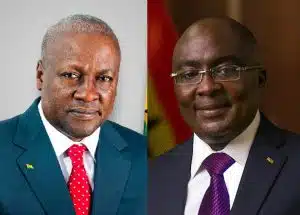The 2023 Budget and Economic Statement was finally presented to Parliament on November 24, 2023. In the public commentary following the presentation, two items have caught the attention of citizens – a) the reduction of the E-Levy charge to one percent (1%) and the removal of the One Hundred Ghana Cedi (GH₵100.00) daily limit threshold at which the levy kicked in and b) the increase of the Value Added Tax (VAT) by two and half percent (2.5%). How does this government make the case for these two-revenue enhancing measures to the legislators who must pass the budget and to the citizens who must bear the burden?
The Opportunities
The government faces a difficult fiscal outlook in 2023. One of the seven pillars of its post COVID-19 program for economic growth captured in the budget focuses on aggressive measures to mobilize revenue, hence the decision to propose the changes to the E-Levy and the increase in the Value Added Tax (VAT) by 2.5%. With these new revenue enhancement measures, the government hopes to raise GH₵143,956,437,532 in 2023. Although tax increments and the timing of it can put any government in a difficult position, a case can be made for it to a weary public who are already feeling the pinch in this current economy. Why do I say so?
The Challenges
The government also faces a number of political challenges on this front. In the same Afrobarometer Survey (2022), Ghanaians expressed the following views regarding taxation: a) eighty-two percent (82%) said it is somewhat/very important to reduce the tax burden on citizens; b) only twenty- four percent (24%) said they were somewhat/very confident in government using the E-Levy to fund development and c) only twenty-three percent (23%) said government was handling the effective use of all tax revenue fairly well/very well. This is further complicated by the fact that only nine percent (9%) said that they trust the ruling party a lot and twenty-nine percent (29%) approve of the president’s performance.
The macro-economic targets set in the budget for 2023 are very modest – a) Overall, real GDP growth of 2.8 percent; b) Non-Oil real GDP growth of 3.0 percent; c) End-December inflation rate of 18.9 percent; d) Primary balance on commitment basis of a surplus of 0.7 percent of GDP; and e) Gross international reserves to cover not less than 3.3 months of imports. On the inflation target, the Governor of the Bank of Ghana, in announcing the increase in the policy rate said that twenty-five percent (25%) is what we can expect to see inflation reduce to by the end of the first quarter in 2023. The modesty of these targets, is a clear indication that the road to full economic recovery will be slow and probably painful. How does a government sell slowly and painfully to a citizen already feeling the pinch as a result of the state of the economy?
And then comes the biggest political challenge – dealing with the legislature. The closely divided nature of this parliament means that the adage “the opposition will have its say, but the government will have its way” no longer holds true. How much cooperation will the ruling party get from the opposition party in parliament knowing how critical these tax measures are to the government’s revenue mobilization efforts and improving its fiscal position? Also, there is still the intra-party matter of a number of ruling party MPs, who publicly signaled their displeasure with the Finance Minister. Now that the budget has been presented, will the press end their demands and withhold support? Time will tell.
The Road Ahead
How the government mobilizes its machinery to deal with these political opportunities and challenges will determine the success or otherwise of 2023. No matter what happens, the government cannot afford the luxury of this budget suffering the same fate the 2022 budget did.
*Featured photo credit: Able Freight
 John Osae-Kwapong (PhD.) is a Democracy and Development (D&D) Fellow at CDD-Ghana, Associate Provost for Assessment, Accreditation, and Institutional Effectiveness, Baruch College, The City University of New York.
John Osae-Kwapong (PhD.) is a Democracy and Development (D&D) Fellow at CDD-Ghana, Associate Provost for Assessment, Accreditation, and Institutional Effectiveness, Baruch College, The City University of New York.
